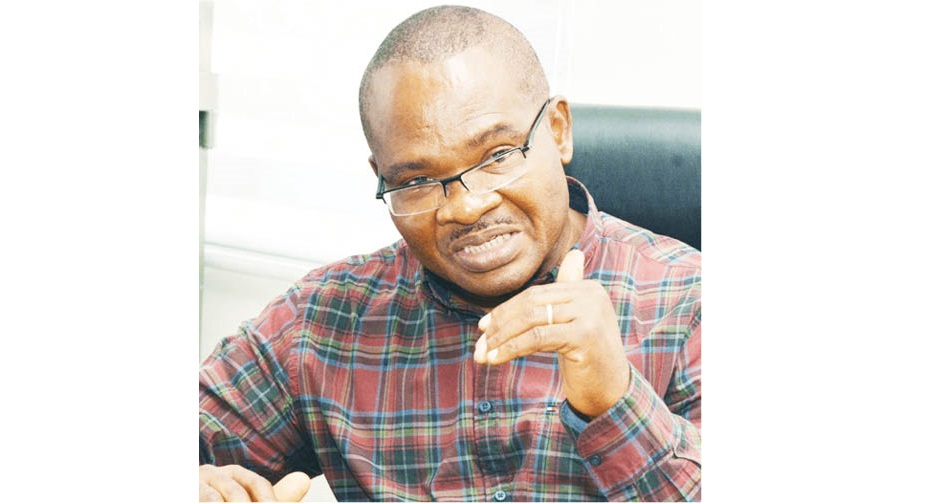Clement Nwankwo Esq. is a lawyer with 35 years post-call experience and also the convener of the Nigeria Civil Society Situation Room, which has its focus on credible elections in Nigeria. In this interview, he speaks on the extant legal framework for election in Nigeria, calls for special courts for corruption cases, among others. Excerpts:
Do you consider the extant legal framework as the bane of credible elections in Nigeria?
No. I think the bane is more of the politician, especially incumbents who use their offices and the institutions of state to abuse the electoral process and these incumbents are at both federal and state levels. The electoral law has its challenges and shortcomings. I think every effort is being made to try to address this through amendments, and I think each time we have an election, we need to identify what the challenges have been in the election and see whether those challenges are man-made or induced by the gaps or lapses in the law. Certainly, where there are gaps in the law, amendments should be made but most of the problems have come from the attitudes of the politicians who want to abuse the electoral process.
Do you mean that if the politicians and stakeholders stick to the letters of the Electoral Act we will have credible elections?
No. Certainly, we do have need even with the most recent election in Kogi and Bayelsa. There are shortcomings in the law and these shortcomings include the ones that have made it difficult in the past to sight the technology improvement that INEC has tried to put in place. These shortcomings disallow those improvements to be cited as part of evidence in court including issues related to collation. You will notice that in the Rivers governorship case in 2015, issues of server and use of card readers were not acknowledged by the Supreme Court as part of the legal process, and then in 2019 elections as well, in the final judgment of the Supreme Court in the case of Buhari and Atiku, you also heard the court saying that the use of servers was not part of the electoral law requirements.
Are you suggesting that judiciary have not really been in tune with development especially as it relates to technology?
The judiciary is just telling the law as it is. In fact, there are concerns about the judiciary and you know what the concerns include the court interfering even with the internal process of selecting candidate by the political parties. Those are challenges we are faced with and concerns about politician infiltrating the judicial process while the judges are not insulating themselves from politics and influences of politicians.
Do you think we need new laws to bring electoral perpetrators to book?
It is not a new law. Electoral offences are already in the law. I think what people are asking is do we need a new commission? Certainly, we do. I think part of the problem is nobody seems to own the process of arresting and prosecuting election offenders and these time as we speak, the police are too busy on election day.
You know 90 percent of police deployed on election days are unarmed because the law says there should not be arms within the vicinity of polling units and as such, you need an electoral offence commission that takes upon itself the charge of apprehending and prosecuting those violating electoral laws, and that’s what we have been advocating for a very long time. But of course, they should be charged to the regular court.
In advocating for electoral offence commission, we are not advocating for a tribunal as well because a tribunal is a special court and I have my reservations about special courts. Special courts tend to be orientated about conviction as if it is the court that is an ad-hoc creation of the executive to use in getting the desired result and I think that in a terrain like ours, where politics tends to infiltrate democratic institution, we should be very careful in advocating for special courts for any purpose at all.
What is your position on the President’s call for a special court specifically for corruption cases?
Again, I must say that we have to be very careful about the concept of special courts. I think a lot of work has been done to create awareness about corruption and I think that the mindset among Nigerians is to find a way of bringing corruption to an end or at least, minimize it significantly. I think that we cannot keep creating special responses to big problems. What we need is to strengthen the courts to respond much more quickly to the issue of whatever nature of crime.
The recent moves to enact a law against hate speech and the social media bill have generated a lot of discussion in the country. Which role can the judiciary play in stemming the tide of hate speech?
I think we need to go into the existing laws. Part of the problem may be that the existing laws may be outdated. If you look at the laws or courts, if someone has been charged for hate speech, libel or defamation, it’s a bailable offense.
Situations where you have the likes of Agba Jalingo and several others, who were charged for putting up a post on social media. A situation where you do have them being charged and courts giving impossible bail conditions or refusing to grant bail is evil.
No judge should in good conscience give bail conditions that they know cannot be fulfilled because the duties of a judge is to do justice to all. You don’t exist as a judge to please the powers that be.
So when a judge gives harsh bail conditions, then that judge is not serving justice to the best of what the law expects and no judge should feel they can sleep soundly when they perpetuate injustice. So, the judges must pull away from being used by governments to perpetuate injustice. That’s the most important thing.

 Join Daily Trust WhatsApp Community For Quick Access To News and Happenings Around You.
Join Daily Trust WhatsApp Community For Quick Access To News and Happenings Around You.


